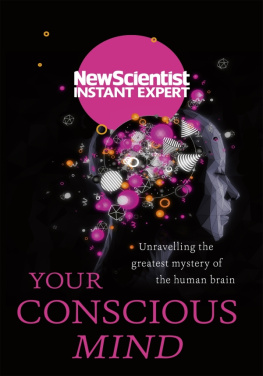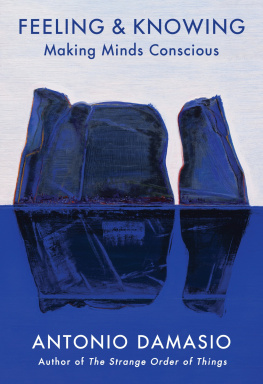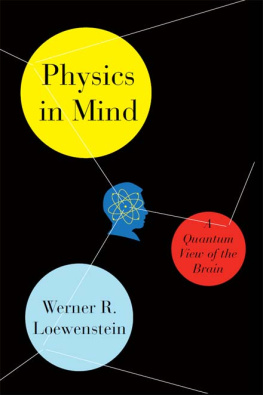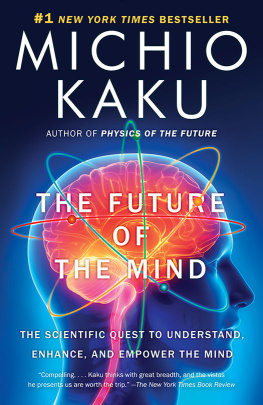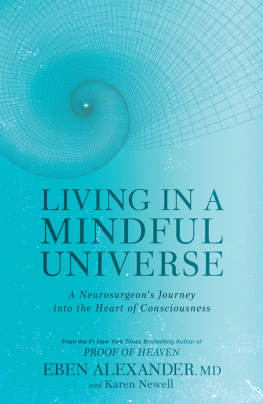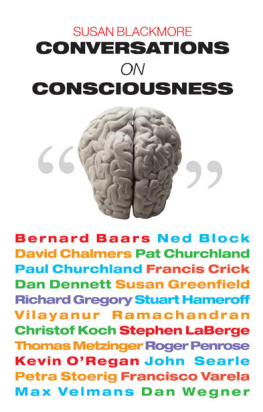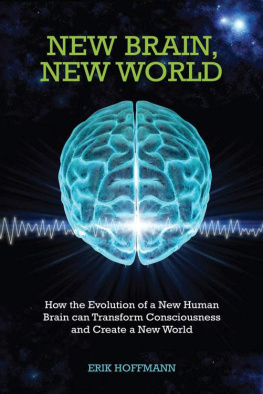Jason Browne - Understanding the Human Mind: The Pursuit of Consciousness
Here you can read online Jason Browne - Understanding the Human Mind: The Pursuit of Consciousness full text of the book (entire story) in english for free. Download pdf and epub, get meaning, cover and reviews about this ebook. year: 2020, publisher: Independently Published, genre: Religion. Description of the work, (preface) as well as reviews are available. Best literature library LitArk.com created for fans of good reading and offers a wide selection of genres:
Romance novel
Science fiction
Adventure
Detective
Science
History
Home and family
Prose
Art
Politics
Computer
Non-fiction
Religion
Business
Children
Humor
Choose a favorite category and find really read worthwhile books. Enjoy immersion in the world of imagination, feel the emotions of the characters or learn something new for yourself, make an fascinating discovery.
- Book:Understanding the Human Mind: The Pursuit of Consciousness
- Author:
- Publisher:Independently Published
- Genre:
- Year:2020
- Rating:5 / 5
- Favourites:Add to favourites
- Your mark:
Understanding the Human Mind: The Pursuit of Consciousness: summary, description and annotation
We offer to read an annotation, description, summary or preface (depends on what the author of the book "Understanding the Human Mind: The Pursuit of Consciousness" wrote himself). If you haven't found the necessary information about the book — write in the comments, we will try to find it.
Have you wanted to explore the hidden secrets of your mind, striving to understand the endless potential your brain has to offer?
Have you ever wondered what it would be like to unlock the full power of your brain and achieve a better understanding and a sense of unity with yourself and everything around you?
The answer to your questions lies in one fascinating concept--human consciousness.
Ever since humans acquired the ability to think and understand, we have been looking for answers to the meaning of our existence--we knew that we could make sense of whats around us, but we never managed to fully grasp how and why that was possible.
Despite great progress in that direction in recent studies of neuroscience where researchers were able to associate various higher mental functions to different parts of the brain, the question of whether consciousness is actually in the brain, or if its an experience outside our body, remains as elusive as ever.
The quest to understand consciousness has, and always will, remain one of the biggest mysteries of our existence.
Some have contended with accepting the limitations of the brain to fully comprehend it, while others have turned to spirituality to find meaning in the vastness of human experience.
Wherever you may be on that scale, armed with an inner sense of insatiable curiosity and a true desire to fully grasp everything that humanity knows about its own consciousness, youll get all the knowledge you need to better understand yourself, as well as the reality that surrounds you.
In Understanding the Human Mind, you will discover:
The power weve been entitled to through evolution, and what you can do with it to better understand your own mind
A plethora of fascinating philosophies that try to make sense of the human mind and understand how it experiences the world
How psychology built further on those theories to attempt to heal the world from mental ailments
What an altered state of consciousness is, and how it can unlock the hidden secrets of your mind
The one science that got so close to understanding what consciousness is and the implications of that on the understanding of our existence
How the esoteric Eastern spirituality influenced philosophies of the West, and how it transformed the understanding of higher states of consciousness and enlightenment
And much more.
Understanding the fundamental functions of what makes us human is the ultimate power we can achieve.
With such deep knowledge of ourselves and our surroundings, we can alter our perception of the world to our advantage and become the version of ourselves weve always wanted to be.
Well finally manage to understand the responsibility that comes with being highly aware, and hold within us the strength to make the world a better place for ourselves and the people around us.
If you want to explore the endless labyrinth of your mind and find your way to a higher state of awareness, then scroll up and click the Add to Cart button right now.
Jason Browne: author's other books
Who wrote Understanding the Human Mind: The Pursuit of Consciousness? Find out the surname, the name of the author of the book and a list of all author's works by series.


